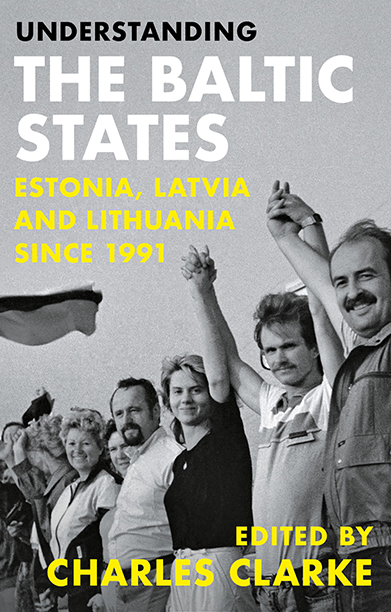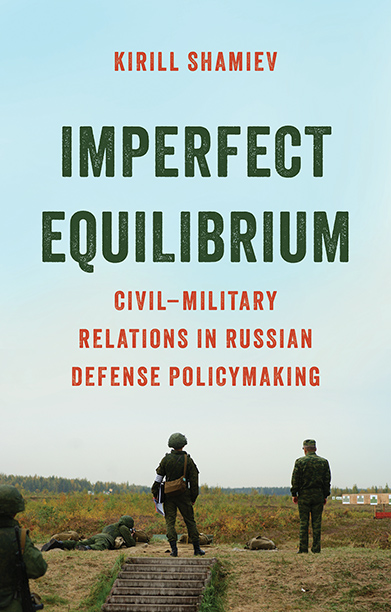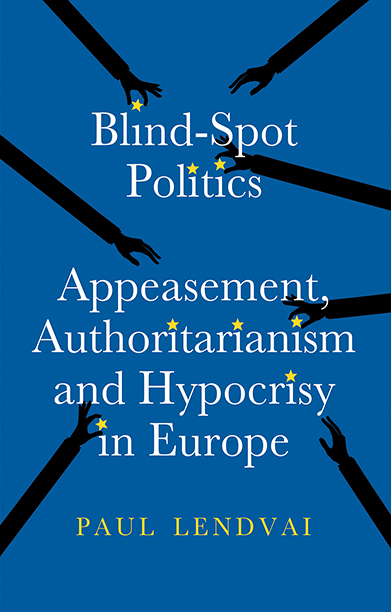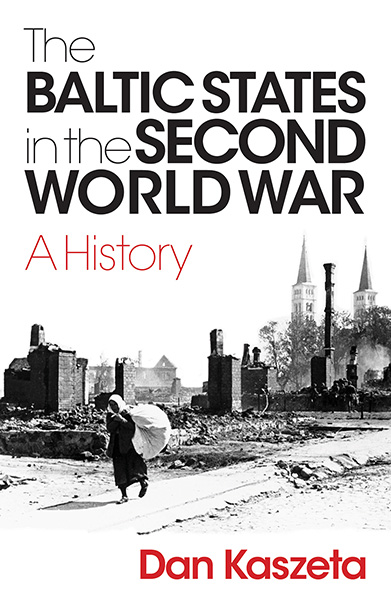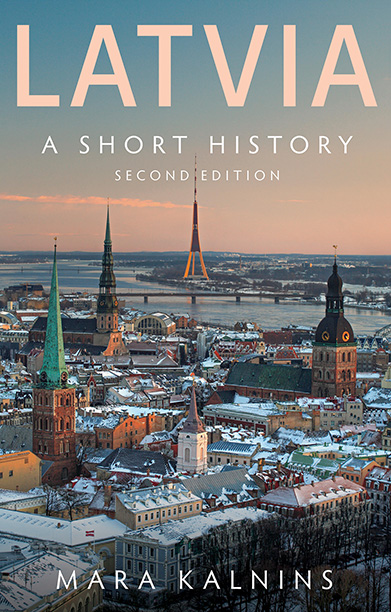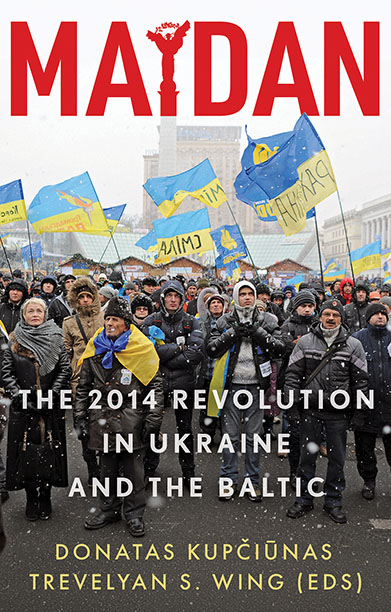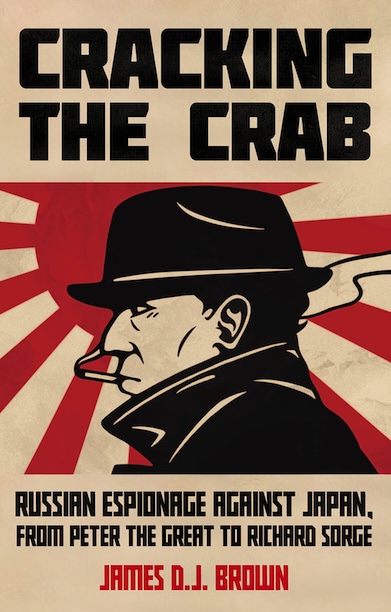Understanding the Baltic States
Estonia, Latvia and Lithuania since 1991
A comprehensive account of the history, politics and growing strategic significance of Estonia, Latvia and Lithuania since independence in 1991.
Description
This book addresses a crucial question: the contribution of Estonia, Latvia and Lithuania to the historic dissolution of the USSR in 1991, which in turn led to regained independence for the Baltic States in that year. This is an important history, relating to the interplay between divisions and tensions at the heart of the USSR and the growing Baltic independence movements.
It also has great contemporary significance as a result of Russia’s February 2022 invasion of the Ukraine. To justify this act, Vladimir Putin has explicitly promoted a ‘Greater Russian’ version of history, including a dangerously inaccurate narrative of what occurred in the Baltics in 1991. He also continues to threaten military action against the Baltic states, all of which are members of NATO.
The contributors—who include Brendan Simms, Vladislav Zubok, Andrew Wilson, Mart Kuldkepp, Bridget Kendall, Kristina Spohr, Kaarel Piirimäe and Neil Taylor— analyse the struggles of Estonia, Latvia and Lithuania to secure their independence, and set out how Moscow is propagating fake history, as well as engaging in destabilising measures and cyber-attacks, to undermine these countries’ hard-won freedom. This indispensable volume addresses head-on the biggest geopolitical challenge facing the world today: responding to Russian military adventurism.
Reviews
‘It is easy to underestimate the importance of the Baltics. Easy, but wrong. Understanding the Baltic States should be required reading for anyone wishing to know and understand Europe from West to East.’ — The Rt Hon. Sir John Major KG CH
‘We see through the chapters of this book much more than the customary, almost Cinderella-style tale of the Baltic “march to freedom”.’ – CEU Review
‘Broad and accessible enough to enlighten readers beyond academe.’ — The Russian Review
‘A useful chronology.’ — Slavonic and Eastern Europe Review
‘The Baltic states were once in the shadowy world beyond the Iron Curtain, but today they are again back in the bright light of freedom and democracy. They are now vibrant members of both the European Union and NATO. They are not only in the front line in the newly challenging European environment but they also represent a shop-window for economic and democratic vitality. The resurgence of the Baltic states—where I was both a witness and bit-player—is an inspiring story of our time and these essays flesh out the then and the remarkable now.’ — Baron Robertson of Port Ellen, 10th Secretary General of NATO, and former UK Defence Secretary
‘The war in Ukraine has confirmed the position of the Baltic states as both the front line and notable front runners of democratic Europe. This excellent volume of essays by experts and practitioners tells us what we should all know about them.’ — Timothy Garton Ash, Professor of European Studies, Oxford University, and author of Homelands: A Personal History of Europe
‘Estonia, Latvia, and Lithuania have long been poorly understood by much of the rest of the world. This book goes a long way towards tearing the veil of ignorance about the history of the region, the role these three countries play in geopolitics, their commonalities and differences, and their complex relationship with Russia and the Soviet Union.’ — Dan Kaszeta, author of Toxic: A History of Nerve Agents, From Nazi Germany to Putin’s Russia, and The Forest Brotherhood: Baltic Resistance against the Nazis and Soviets (2023)
Editor(s)
Charles Clarke is Visiting Professor at Lancaster University and King’s College London, and a former MP (1997–2010), having served as chairman of the Labour Party, secretary of state for education, and home secretary. He consults on international education reform and co-leads the Baltic Geopolitics Programme, University of Cambridge.
